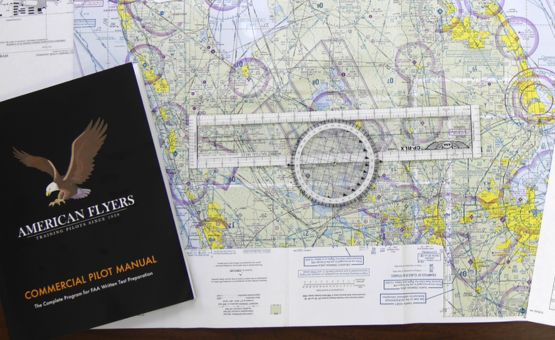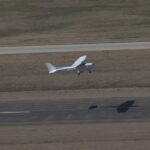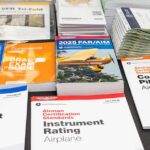By Chris Webb
You have already asked the question, “what does it take to be a commercial pilot?” You have already decided that walking on this planet isn’t enough. You want to rise above the Earth and “…dance the skies on laughter-silvered wings.” Well, there is a little planning to do now. If you prepare yourself before you start shopping around for instructors and flight schools, you will have a better chance of finding that which is perfect for you.
You want to make sure you are comparing apples to apples. Many flight schools and instructors will only tell you the base cost or not mention other fees associated with flying. This will cast schools in a different light and make it seem like one school has a huge advantage over another, when in reality the opposite may be true. Here are some questions to ask:
Who will be my instructor?
We become so used to having one coach, one teacher or one advisor, that we tend to forget it is never just one person that helps us. It is the team of coaches, multiple teachers and several advisors that give us the best advice. Having a single flight instructor, however, has a few good advantages, which lacks in the area of troubleshooting. Training with a team of instructors will allow you to train when your schedule allows it. The training will also allow a different set of eyes to look at the same equation. This will allow you to keep your training moving forward. It is imperative that the team of instructors uses the same procedures and books; otherwise, this could lead to confusion.
Who is paying for fuel or insurance?
Most flight insurance only covers the aircraft or the owner of the aircraft. Many students are unaware that they are uninsured when flying. Ask the flight school if the hourly cost is ‘wet’ or ‘dry’, meaning who pays for the gas and insurance?
How will my progress get tracked?
I believe this is one of the most important questions. I remember walking into the local school asking my instructor, “what are we doing?” Too many times I would get asked back, “I don’t know. What did you do last time” or “What do you want to do?” This will lead to many extra lessons which will drive the cost of training skyward! Your instructor(s) should always assign homework and begin the next lesson reviewing that homework. The training should come from some source, like a Learning Guide, and not imagination.
Your enthusiasm fulfills the question, “what does it take to be a commercial pilot?” Now all that’s left is the paperwork. Even with just a few prepared lessons, you will be able to compare training locations better and find the right place for you.










